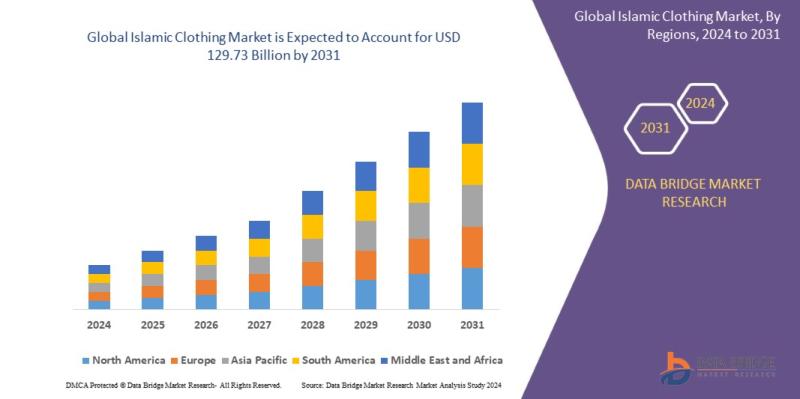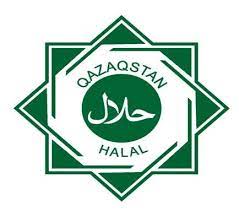
Producers of Italy’s prized buffalo mozzarella — a cornerstone of the Mediterranean diet — are increasingly turning their attention to the Muslim market as sales of halal mozzarella boom.
Launched in 2011 by a Naples mozzarella maker, sales of the halal version grew to over ten million kilos last year, meaning that one in four Italian buffalo mozzarellas are now destined for the Muslim market.
Creamier and pricier than mozzarella made from cow’s milk, buffalo mozzarella is made from the milk of buffalos, which typically graze in water meadows around Naples.
Twenty percent of producers in Italy are now turning out a halal version as demand from the Gulf and Muslim consumers in Europe soars, said Domenico Raimondo, the head of the Italian producers’ association.
Demand from the UAE has risen fifty per cent in the last two years, said a spokesman.
The halal recipe is the same as regular mozzarella, but products used to clean out machinery are alcohol-free and animal rennet used to make the cheese comes from halal-certified animals, said Mr Raimondo.
The imam of Naples’ mosque sends emissaries to producers to certify that halal rules are being observed before the cheese gets the all clear.
Gulf customers are queuing up to buy the halal cheese despite it costing up to $80 a kilo once exported, compared to around 12 euros a kilo in Naples.
Germany and France together account for about half the exports of buffalo mozzarella, with the UK taking 13 per cent of exports.
Cheese for overseas must be refrigerated, earning raised eyebrows from Italian purists who claim it is best eaten quickly without being put in the fridge.
“We are now working on a version for export that you can freeze without spoiling it,” said the spokesman.
Targeting Muslim customers brings buffalo mozzarella full circle, since buffalo — by some accounts — were first introduced to Italy by the Arab rulers of Sicily 1,000 years ago.
Demand from Muslims will only increase said Mr Raimondo. “There are around two billion halal consumers in the world, and by 2030 they will constitute around 26 per cent of the world’s consumption,” he said.



